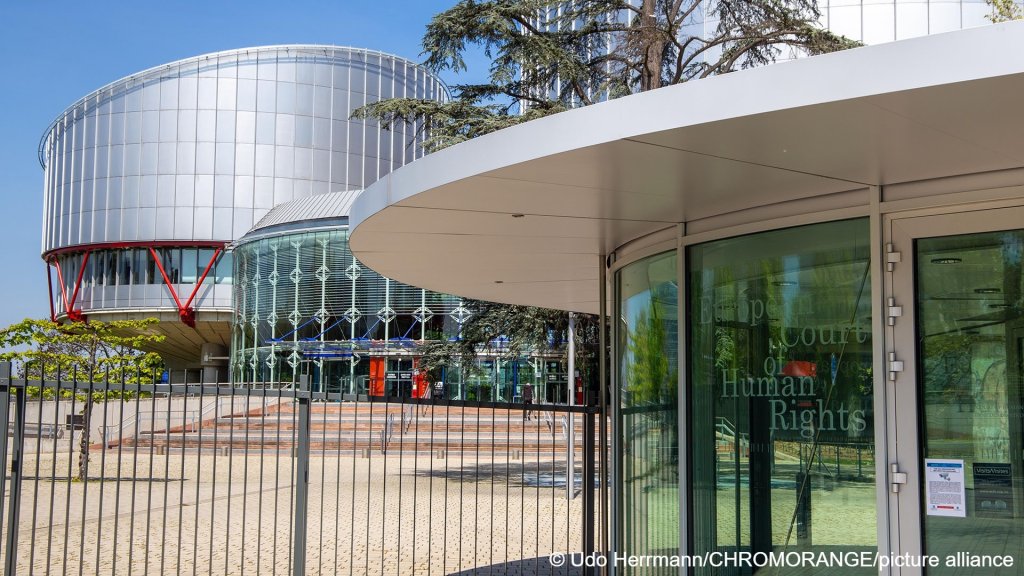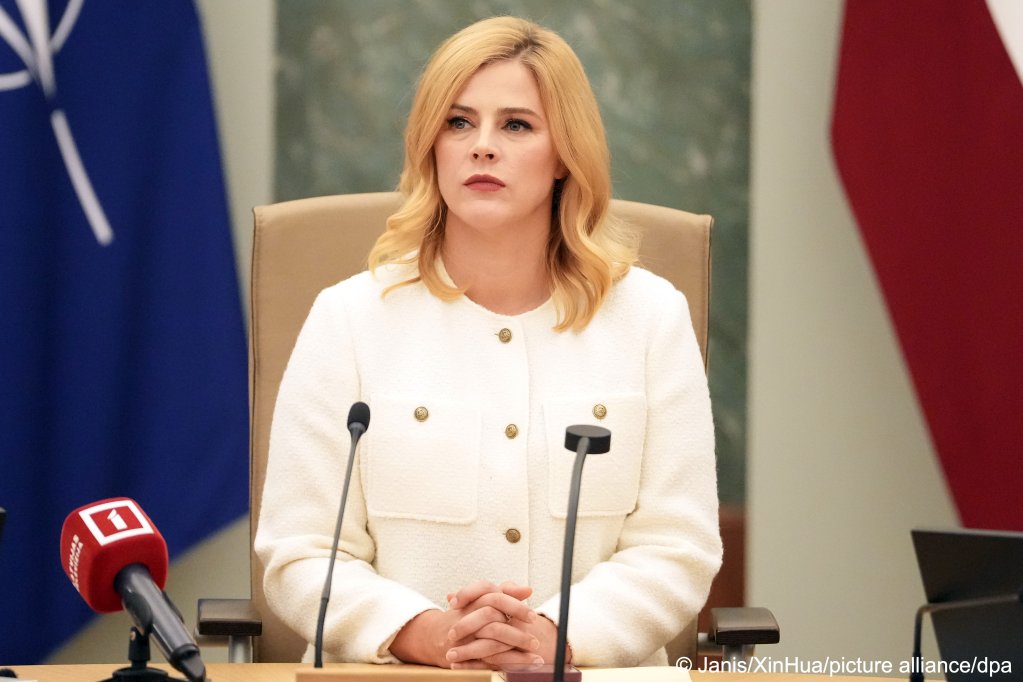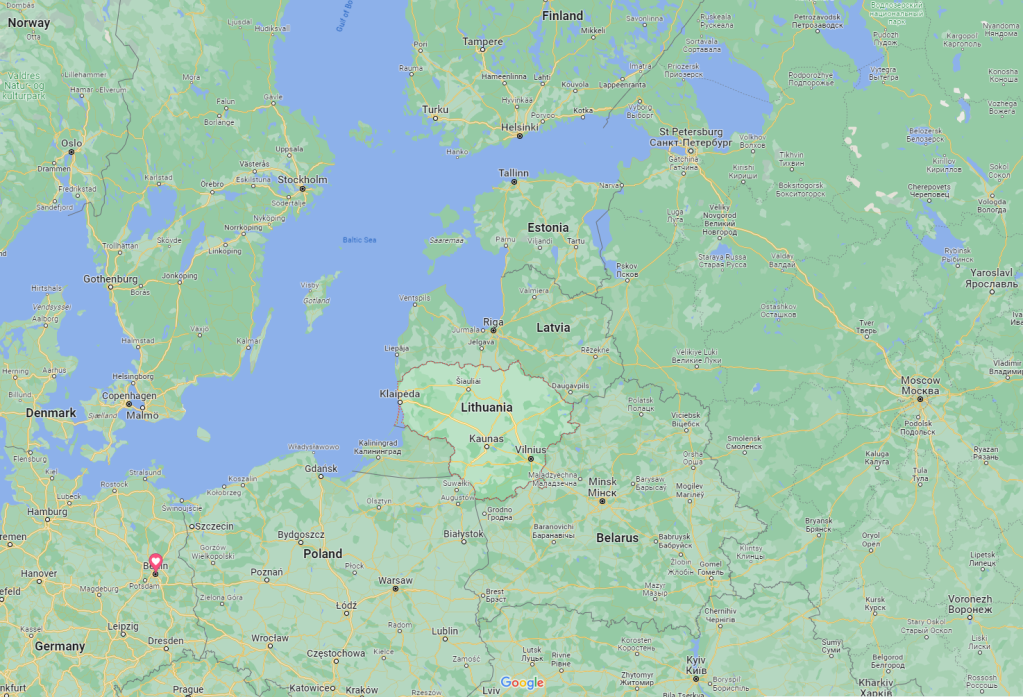The Baltic states have increasingly become key hosts for migrants and refugees, particularly from Ukraine, following Russia's full-scale invasion in 2022. However, integration of all refugees in the region remains a pressing issue, requiring both immediate and long-term strategies, believes the UN Refugee Agency UNHCR.
On March 12, UNHCR and various partners launched an integration initiative to try and improve the integration of migrants and refugees in the Baltic region. According to a UNHCR press release, the training program aims to "prepare officials to work with newcomers and address the challenges they may face during the welcoming process."
"Successful refugee and migrant integration starts at the local level, where municipalities lay the groundwork for inclusive and resilient communities. By prioritizing knowledge, collaboration, and capacity building, we can equip local governments to harness the full potential that refugees and migrants bring to their host communities," said Karolis Žibas, (Re)Integration Officer at UNHCR Representation to the Nordic and Baltic countries.
The UN agency is working with local municipalities across the Baltic region and builds on a pilot project already carried out in Poland.
Interviews conducted with migrants staying at a reception center near the Latvian capital Riga in summer 2024, suggested that many of those who spoke to InfoMigrants saw the Baltic states as a transit country. "No one wants to stay in Latvia," they told InfoMigrants, but nevertheless, some do end up staying and so integration programs may also be needed for them.
Read AlsoBelarus 'coordinating' irregular migrant crossings, Latvia’s border guard claims
Eastern borders
Recent reports shed light on ongoing challenges faced by asylum seekers at the EU’s eastern borders, despite efforts to offer refuge.
Towards the end of February, a coalition of NGOs revealed that over 120,000 allegations of pushbacks were recorded at the EU’s external borders in 2024, with nearly 20,000 believed to have occurred at the eastern frontier. 13,600 allegations of pushbacks were reported in Poland, 5,388 in Latvia, and 1,002 in Lithuania, with many instances allegedly involving the use of force creating dangerous conditions for those affected, stated the NGOs.

In response to allegations like these, the European Court of Human Rights (ECtHR) began hearings last month (February 12) concerning allegations of illegal pushbacks to Belarus by Poland, Latvia, and Lithuania. These cases involve asylum seekers from Afghanistan, Cuba, and Iraq, who were reportedly expelled without due process. Human rights advocates warn that the outcome of these cases could set a precedent for EU migration policies, potentially determining whether pushbacks become accepted practice or if the absolute protection against inhumane treatment is upheld.
"We have witnessed a growing tendency to invoke security concerns in migration policies. We must resist efforts to normalize discriminatory exemptions from human rights based on so-called 'emergency' situations," said Mandi Mudarikwa, Amnesty International’s Head of Strategic Litigation.
Amnesty International has accused Latvia, Lithuania and Poland of using "brazen migration controls and pushback practices" under the guise of combatting so-called "instrumentalized" migration.
Read AlsoPoland: Government pledges to do what is needed to end Belarus border problems
Integration efforts in Latvia and Lithuania
For refugees and migrants already in the Baltic region, the UN Refugee Agency (UNHCR) and its partners are hoping that their 2025 Regional Refugee Response Plan, will make for smoother integration and a happier situation all round. For instance, in Lithuania, the plan requires funding to the tune of 20.6 million US dollars (around 18.8 million euros) to support 60,000 refugees in the country.
In the past three years, Lithuania has provided safety, stability, and opportunities for refugees mainly from Ukraine, stated a UNHCR press release on the initiative's launch. A UNHCR study highlights strong social and economic inclusion in this group, with 53 percent of working-age refugees securing formal employment and 83 percent of refugee children aged 7-18 enrolled in Lithuanian schools. Additionally, 78 percent live in private housing, 83 percent have access to healthcare, and 72 percent report positive ties with the local community.

Latvia has also demonstrated strong support for Ukrainian refugees. According to a UNHCR study, 56 percent of working-age refugees have found formal jobs, while 62 percent of school-aged children are enrolled in Latvian schools. The study also shows that 94 percent of refugees have accessed healthcare when needed, and 80 percent report positive relations with the local community. To further integration efforts, UNHCR’s 2025-2026 plan seeks 5.8 million US dollars (around 5.3 million euros) to support 48,000 refugees in Latvia, funding language courses, employment programs, social cohesion projects, and temporary housing assistance.
The Regional Refugee Response Plan, led by UNHCR and 266 partners across 11 countries, focuses on ensuring legal status, socio-economic inclusion, and long-term integration. In Lithuania and Latvia, funds will support job training, language courses, youth inclusion, mental health services, digital skills training, and emergency aid such as hygiene kits and clothing. Additional initiatives include healthcare training for professionals, cultural events to strengthen social cohesion, and anti-trafficking awareness programs.
Read AlsoLatvia-Belarus border fence nears completion
A regional approach to integration
To enhance local support, the Baltic states will launch the Academy on the Integration of Migrants and Refugees (2025-2026) on March 12. This inter-agency training program, developed by the UNHCR, the Council of Europe’s Intercultural Cities Programme, and other partners, aims to equip municipal officials in Estonia, Latvia, and Lithuania with the skills to support refugees effectively.

The academy will provide training on intercultural communication and competence-building, as well as addressing misinformation and xenophobia. The initiative also aims to strengthen partnerships between municipalities, NGOs, and state institutions, Agnese Lāce, Minister of Culture of the Republic of Latvia explained. Providing tailored support to vulnerable refugee groups, including victims of gender-based violence.
Monika Žitkė, Head of Integration Coordination at Lithuania’s Reception and Integration Agency, called the academy a key initiative that strengthens municipal involvement in refugee integration. She highlighted its role in enhancing expertise, fostering collaboration, and sharing best practices across the Baltics.
Read AlsoLithuania's parliament legalizes pushback of migrants
The road ahead
Over the next 18 months, municipal representatives from across the Baltic states will participate in these training sessions, sharing best practices and building a network of cooperation.
"The launch of the Academy is a much-needed step forward. It is inspiring to see this opportunity arise, enabling municipalities to build their capacity, share practices, and collaborate to make our cities and towns more inclusive and welcoming for newcomers," said Janika Hango, Head of Adaptation and Integration at the Municipality of Tartu, Estonia.
As the Baltic states move from emergency responses to long-term strategies, they hope their commitment to refugee integration can serve as a model for Europe -- demonstrating that inclusive policies benefit both newcomers and host communities alike
